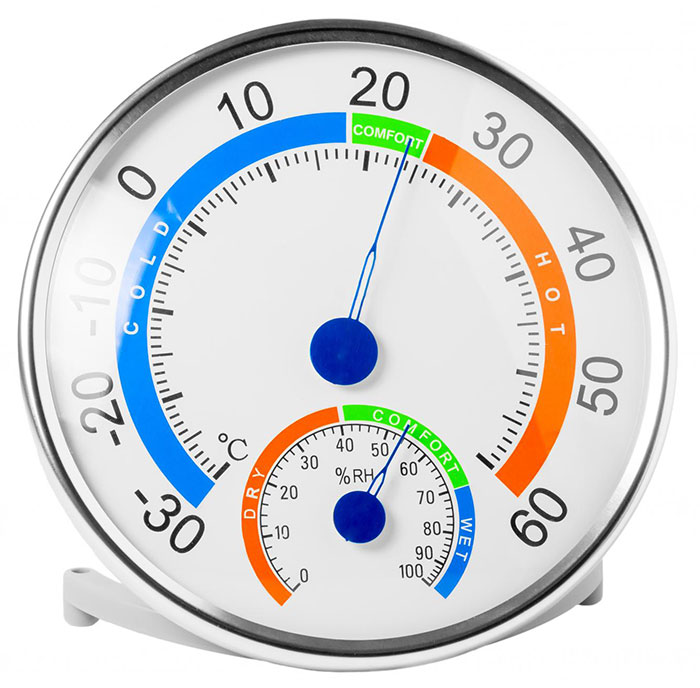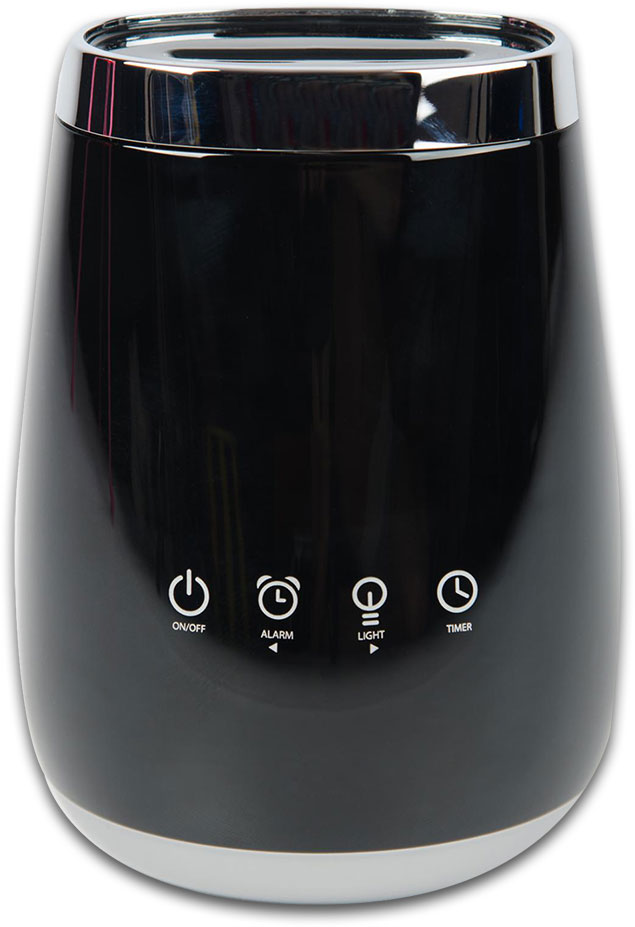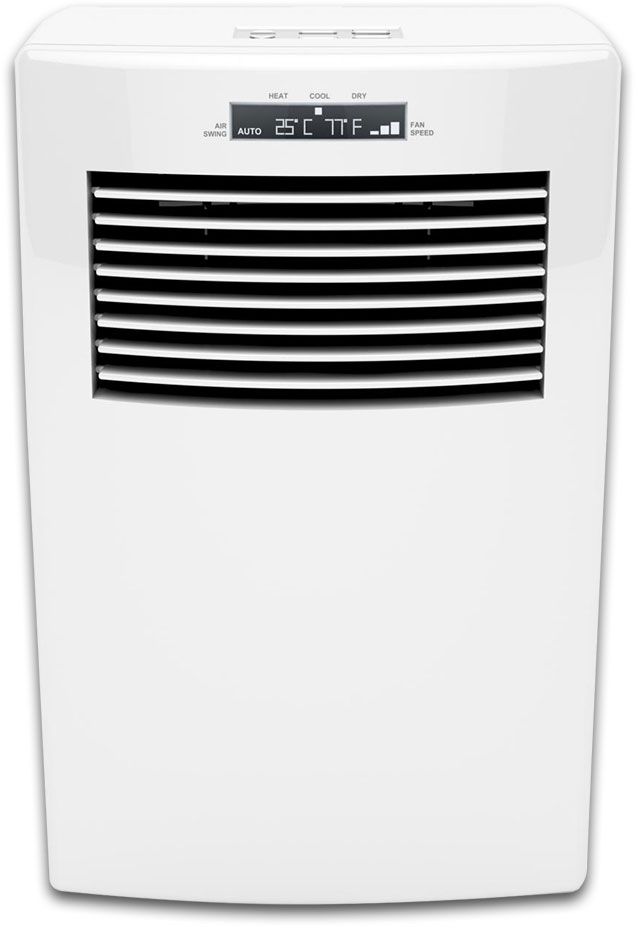Updated: June 20, 2024
Maintaining the right level of humidity in your home can be a challenge, especially in the middle of a Houston summer.
Throughout the year, depending on how dry or humid the air is, you may need the help of a humidifier or dehumidifier.
Is there too much moisture in the air, or is there too little? Sometimes, it can be difficult to determine the right balance.
Both too little and too much moisture can lead to problems in your home and your health. So, it’s important to know how to recognize what your home needs.

How do you decide which one you need?
A humidifier adds moisture to air when it’s too dry (below 35% humidity), and a dehumidifier removes moisture from the air when it’s too humid (above 50% humidity).
A good humidity level for the average home, as recommended by The Houston Allergy and Asthma Clinic, is between 35 and 50% percent.
Keeping your home humidity level within this range ensures the most comfortable and healthy environment, while also protecting your home from damage caused by excessive dryness or humidity.
To find out what your home needs, you can check the humidity level of your air with a digital humidity reader called a hygrometer.
Humidifier vs. dehumidifier: Explaining the difference
Humidifiers and dehumidifiers are used during certain times of the year in order to help prevent mold or even nasal congestion. Here’s are some facts about the different uses of these vital indoor comfort systems and how they work:

Humidifier
- Increases moisture in the air. It counteracts dryness, especially common in winter.
- Keeps skin from drying out and helps to control allergies and nasal congestion.
- Prevents dry skin, nosebleeds, and headaches.
- Helps control allergies and nasal congestion.
- Maintains healthy airways.

Dehumidifier
- Decreases moisture in the air.
- Commonly used during summer months when the air is warm and humid.
- Keeps allergies and headaches at bay by preventing mold and mildew build up.
Types of humidifiers
There are only two main types of humidifiers: warm mist and cool mist. Each type works a little differently.
Warm mist (or steam) humidifiers work by boiling water, which releases steam into the air.
Cool mist humidifiers, on the other hand, use a fan or rotating disc to evaporate the water and bring it out into the air.
Humidifiers have to be cleaned very regularly to avoid any mold or mildew growth. It’s important to use distilled water and dump any extra water out of the reservoir when you’re done using it.
Types of dehumidifiers
There are four main types of dehumidifiers:
- Refrigerative: Refrigerative (also called mechanical), the most common type of dehumidifier, uses a fan to pull the moisture out of the air and over a refrigerated coil.
The coil condenses and removes the water from the air, dehumidifying it, and releasing the dry air back into the room. A refrigerative dehumidifier is the most popular type of dehumidifier. - Electronic: An electronic dehumidifier uses a heat pump to pull water vapor from the air using condensation. While this type is very quiet, it is not very efficient.
- Desiccant: A desiccant is a unique moisture-absorbing material that draws moisture out of the air by rotating it through the system. Heat is usually used to then draw the moisture out of the desiccant.
- Ionic Membrane: This type of dehumidifier uses a process called electrolysis to remove water vapor so there’s no visible water and the dehumidifier requires little to no maintenance.
Free iWave-R air purifier with new AC & heating system installation
Don’t go another day without purifying the air circulating in your home.
Richmond’s Air is now offering the iWave-R Air Purifier system for FREE with any new air conditioning system installation—or $950 to integrate into previously installed residential units.
Ask a humidity control expert
In order to better assess your home humidity needs, we invite you to contact an expert at Richmond’s Air. We can help you figure out the best air quality solutions for your home, including whole house humidifiers and dehumidifiers.
Talk to a Houston HVAC expert at Richmond’s Air today about your indoor comfort needs.
Check out our related content:
 Read reviews
Read reviews








